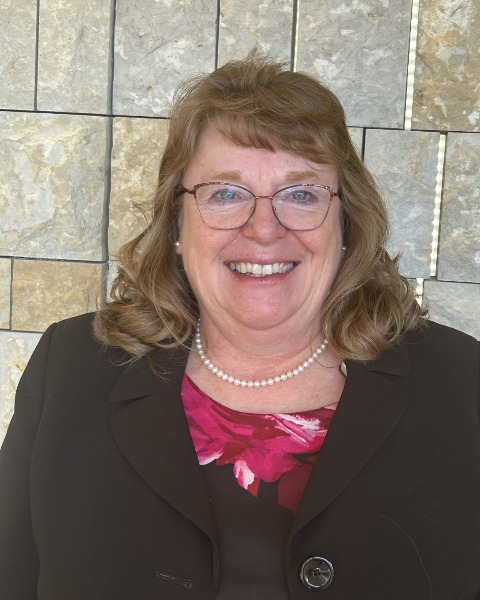Palliative Care
Session: Palliative Care
438 - Bereaved Parents' Insights After Autopsy Review Conference
Sunday, April 27, 2025
8:30am - 10:45am HST
Publication Number: 438.3803
Rev. Rebecca (Becky) Baile. Crouse, Children's Mercy, Kansas City, MO, United States; Tiffany Gladdis, Children's Mercy Hospitals and Clinics, Kansas City, MO, United States; Kirsten Hudson, Children's Mercy Hospitals and Clinics, Kansas City, MO, United States; Nik M. Schuetz, Children's Mercy Hospitals and Clinics, Kansas City, MO, United States; Julie Weiner, Children's Mercy Hospitals and Clinics, Kansas City, MO, United States; Jotishna Sharma, Children's Mercy Hospitals and Clinics, Kansas City, MO, United States

Rev. Rebecca (Becky) Baile Crouse, DMin, MDiv, BCC (she/her/hers)
Director, Spiritual Services
Children's Mercy
Kansas City, Missouri, United States
Presenting Author(s)
Background: An autopsy is a valuable tool that provides important information for healthcare professionals (HCPs) and bereaved parents. Neonatal deaths are difficult for both groups. Opportunity exists for HCPs to support parents’ understanding of the rationale for and value of an Autopsy Review Conference (ARC), as well as its contribution to the grief process. Use of follow-up discussions suggests that parents’ experiences with discussing autopsy options is beneficial. However, the experience of parents participating in an ARC remains poorly understood.
Objective: To gain insight from bereaved parents regarding the impact of the Autopsy Review Conference on their grief process and to understand potential needs and benefits.
Design/Methods: This mixed methods study is being done at the Level IV NICU at Children's Mercy Kansas City. The sample of 31 bereaved parents who experienced their neonate’s death were recruited. Ten of these parents completed a pre-ARC survey questionnaire. Five completed in-depth semi-structured interviews. Ongoing data collection will include interviews with HCPs who conducted the ARC. Qualitative data were analyzed using Dedoose, with inductive and deductive coding, and synthesized with Reflexive Thematic Analysis. Descriptive statistics from the survey triangulated the interview findings.
Results: Demographic data on bereaved parents is shown in Table 1. Table 2 shows the pre-autopsy survey questions with responses. Analysis of qualitative data generated three primary themes: 1) Learning about the cause of death alleviated anxiety and distress; 2) Ongoing supportive relationships with HCPs provided comfort and stability, but absent HCPs at the ARC added to disappointment; and 3) Expectations indicated opportunities for improvement—suggestions included sympathy cards, calls, and other remembrances. Though limited by a small sample size due to the sensitive nature of the topic, findings are strengthened by diverse perspectives of the sample.
Conclusion(s): Participating in an ARC helped bereaved parents by meeting with HCPs to ask questions, get clarity, and have closure on the medical aspect of their infant’s death. This study highlights the benefits of an ARC for bereaved parents, who can get some clarity and answers about the reason for their child’s death and have an opportunity to share specific follow-up questions and communication on overall care provided.
Table 1: Autopsy Review Conference Research Study Participant Demographics
.jpg)
Table 2: Pre-Autopsy Survey Questions and Response Options
.jpg)

